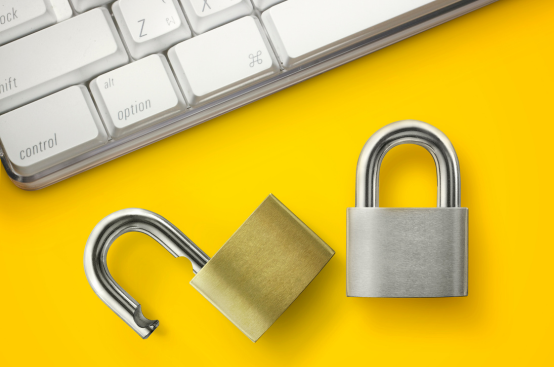Secured loans are those that require borrowers to provide collateral security to the lender. Collateral can be in the form of property, vehicles, or other assets that can be liquidated in case the borrower fails to repay the loan. Examples of secured loans include home loans, car loans, and loan against property.
On the other hand, unsecured loans are those that do not require collateral security. These loans are provided based on the borrower’s creditworthiness and ability to repay the loan. Examples of unsecured loans include personal loans, credit cards, and education loans.
Let’s take a closer look at how secured and unsecured loans compare in terms of their features and advantages:
Eligibility:
Secured loans are generally easier to get approved for, as they require collateral that reduces the lender’s risk. On the other hand, unsecured loans may be more difficult to get approved for, as lenders have no collateral to fall back on if the borrower defaults.
Loan amount:
Secured loans typically offer higher loan amounts than unsecured loans, as the collateral provided by the borrower reduces the lender’s risk. However, the loan amount for unsecured loans is typically lower and depends on the borrower’s creditworthiness and repayment capacity.
Interest rates:
Secured loans generally have lower interest rates than unsecured loans, as the collateral provided by the borrower reduces the lender’s risk. Unsecured loans have higher interest rates as the lender takes on more risk due to the absence of collateral.
Repayment terms:
Secured loans typically have longer repayment terms than unsecured loans, which makes it easier for borrowers to manage their finances. Unsecured loans have shorter repayment terms and require borrowers to make higher monthly payments, which can be challenging for some borrowers.
Overall, both secured and unsecured loans have their pros and cons, and borrowers should choose the type of loan that best suits their needs and financial situation. Secured loans offer higher loan amounts, longer repayment terms, and lower interest rates, while unsecured loans offer faster approval times and do not require collateral.
When deciding between the two, borrowers should consider their credit score, repayment capacity, and purpose of the loan before making a decision. It is important to shop around and compare different lenders to find the best loan product that meets their financial needs. By doing so, borrowers can ensure that they are getting the best deal and avoiding any unnecessary financial strain.
